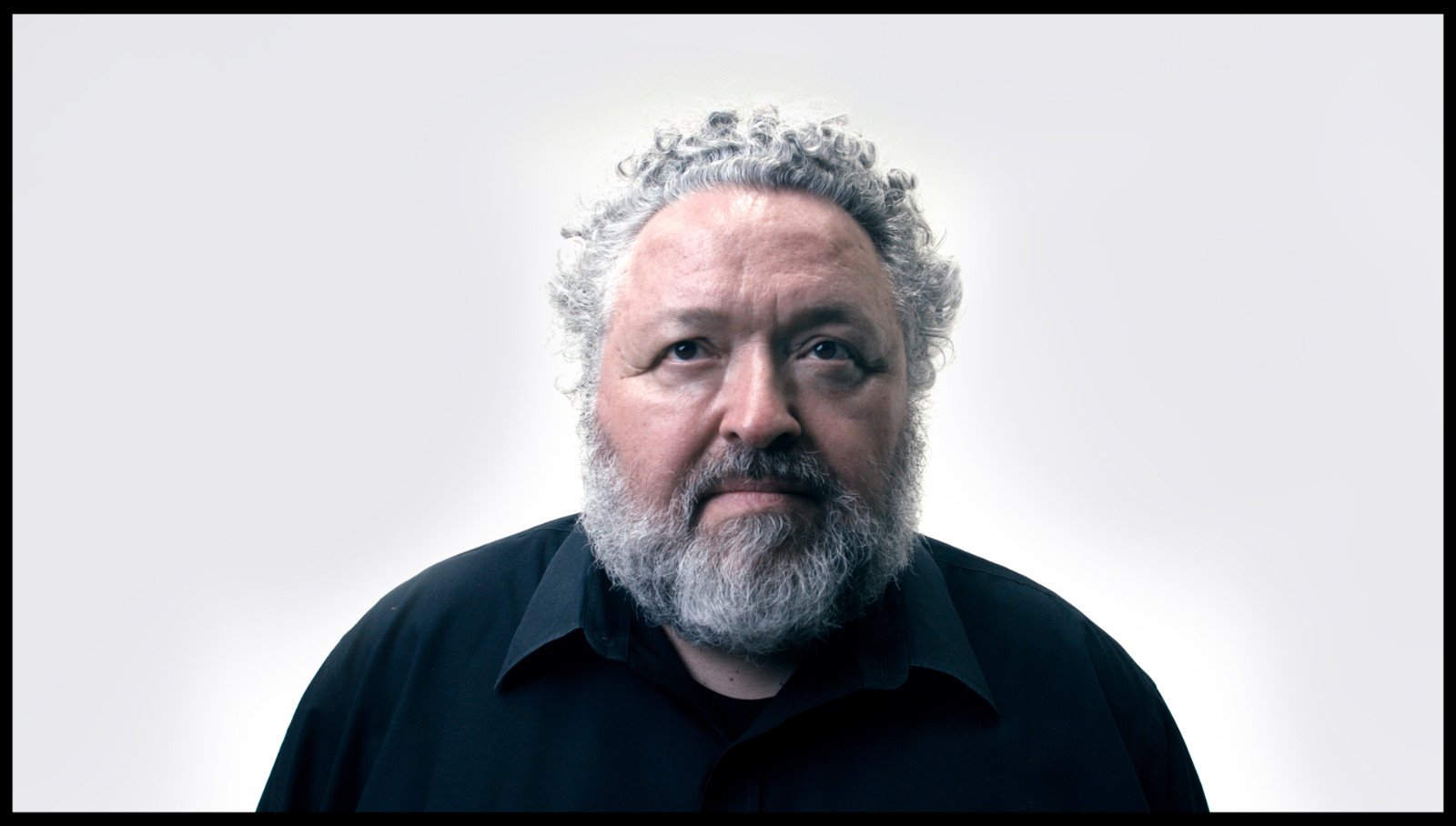Mau: A Documentary Designed for Flattery
By Liam Lacey
Rating: C
A Canadian entrepreneur and artist with a global reputation, 62-year-old Bruce Mau has helped give the profession of “designer” an aura of prestige typically reserved for architects and film auteurs, not someone who gets excited about fonts and colour swatches.
The new documentary Mau by the Austrian brother team of Benji and Jono Bergmann offers some insight into what is termed “design thinking,” the idea that creative design process influences almost every area of human life. Unfortunately, the film is far too busy admiring its subject to offer much insight into the discipline’s real-world applications.
Between a chorus of adulatory, talking-head testimonials, and laudatory press clippings, there are scenes shot with Mau at home in Chicago with his wife and collaborator Bisi Williams and in Beijing, Toronto and Guatemala City.
In between, Mau — a bulky figure in dark, loose clothes, with a corona of silver curls — is interviewed in a white studio space. Several times, he walks up and down, playing with a metal slinky toy, though what this signifies is mysterious (his elastic, steely mind?)
Mau was raised near Sudbury, Ontario before attending the Ontario College of Art and Design. He worked at London-based Pentagram design firm before returning to Toronto to eventually start his own firm. He established his reputation in celebrated graphic design projects, including collaborations with architects Rem Koolhaas and Frank Gehrig who in the film quips, “The nice thing about Bruce Mau is I don’t know what he does for a living.”
Mau’s projects have been varied and numerous, including institutional and corporate commissions, manifestos, books, magazines, a park, a library, and collaborative art installations such as Massive Change and Massive Action.
More vaguely, he wears the mantle of a guru, seeing a world governed by “design” the way other people talk about sex or politics. That means detecting binary opposites in things that are notoriously uncertain (“The world bifurcates: It’s either accidental or by design”). He also has a penchant for Yoda-like rhetorical inversions: “When we fail to design, we design to fail” or “It’s not about the world of design it’s about the design of the world.”
Much of the time it’s impossible to decipher exactly what he’s talking about. More interesting are the accounts of some of Mau’s almost absurdly ambitious commissions. Rebrand Coca Cola as eco-friendly, a new plan for the Muslim holy site of Mecca, redesign the country of Guatemala.
The Guatemala exercise is telling. Mau recounts that the Guatemalan Minister of Education asked him to “help people to dream” after 30 years of civil war. “You gotta change the name of the country,” Mau says he was told. He says that he was told the word “mal” meaning “bad’ in Spanish, was a negative so he changed it to Guate-amala as “amala” is the Spanish imperative form of the word “amar” meaning “to love.”
It’s a good story but complete nonsense. The name Guatemala has nothing to do with “bad.” It’s derived from the indigenous Nahuatl word “Cuauhtēmallān or "place of many trees." This is on par with saying Canada contains the Spanish word “nada” (nothing) so we should change it to Camala, which we definitely should.
Despite the prevailing hot air, Mau as a person comes across as likable, a good-humoured polymath, an affectionate family man and probably a gregarious dinner companion. In the closing section, we learn more about the man behind the brand, the heart condition he developed which, of course, he describes as a failure to design his health.
He also talks about how he was shaped by a brutal childhood as the son of an alcoholic Sudbury miner. At about the two-thirds mark in the film, the filmmakers take him on a visit back to the family home. His childhood, he says, led him to be hyper-attentive to the chaotic environment around him, forming a belief that “vigilant seeing” might save us all.
It’s a kind of superhero origin story that suggests a sense of destiny, but it’s insufficient. There must have been lots of abused miners’ children who didn’t grow up as design gurus. Some of it must come down to luck.
Mau. Directed by Benji and Jono Bergmann. With Bruce Mau. Screening May 20 in Toronto at the TIFF Bell Lightbox and VIFF Centre Vancouver; May 23 at ByTowne Cinema, Ottawa; May 27 at Princess Cinema Waterloo and Princess Cinema, Hamilton; and June 2 at Sudbury Indie Cinema.


